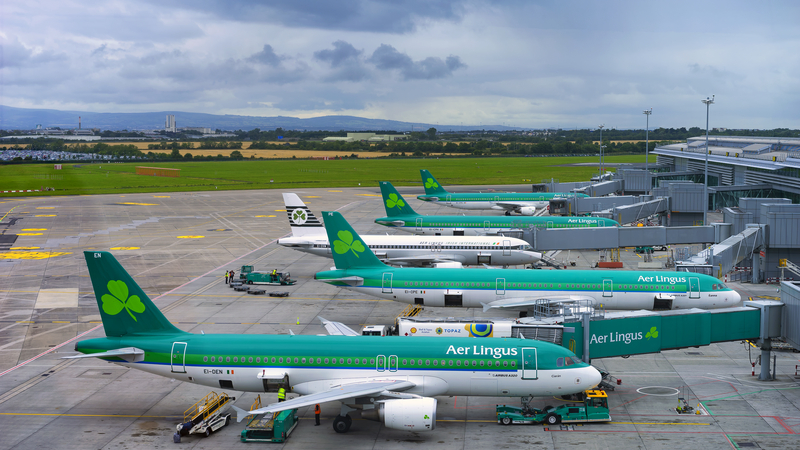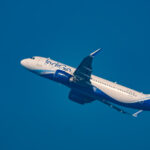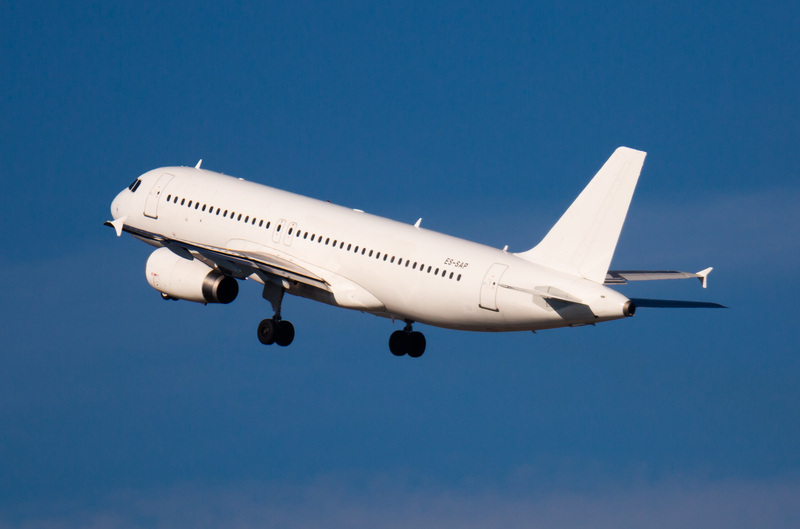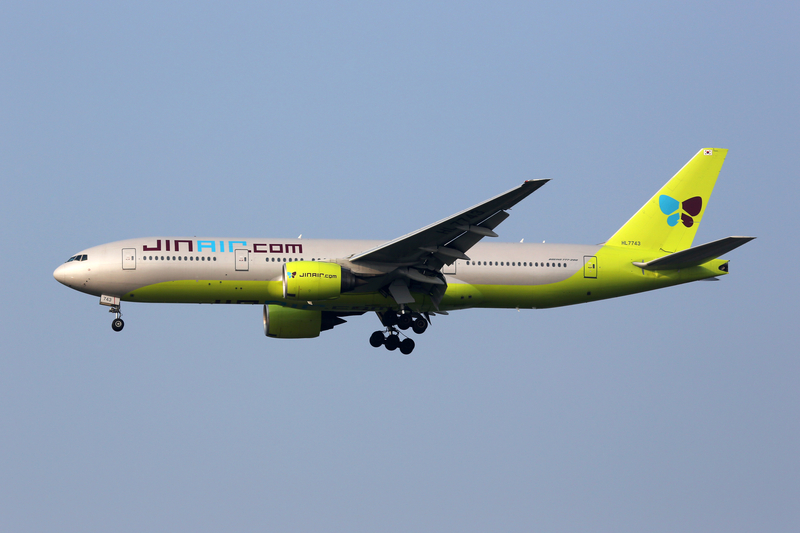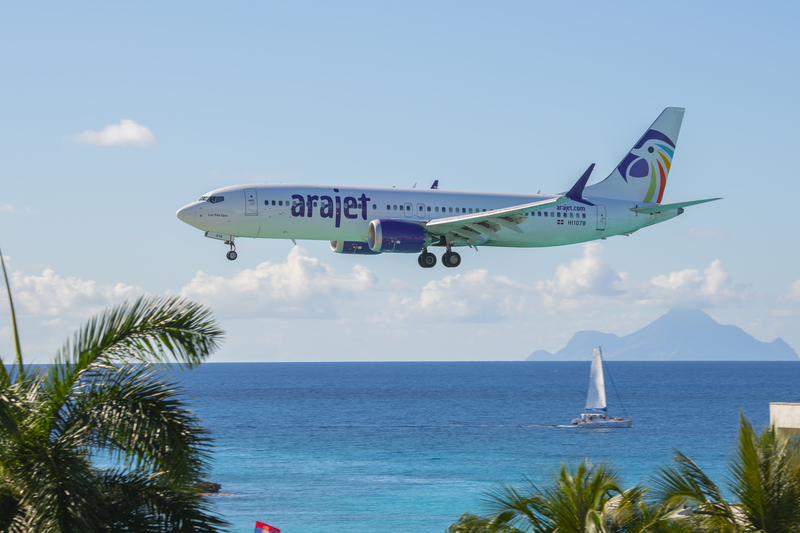Aer Lingus Weighs Manchester Exit as Long-Haul Base Struggles
Aer Lingus is signaling that its Manchester Airport (MAN) experiment may be nearing an end. The Irish carrier has warned staff that it is actively considering closing its Manchester base after years of weaker performance compared with its core Irish hubs. If Aer Lingus follows through, it would mark a significant retreat from the UK regional market and place roughly 200 jobs in jeopardy.
The move is not yet final, but the airline’s message is clear: Manchester must deliver stronger margins if it is to keep two widebody aircraft permanently stationed there. Right now, Aer Lingus doesn’t believe it is.
Manchester’s long-haul bet hasn’t paid off
Aer Lingus established its Manchester long-haul base in 2021, stepping into a gap left by the collapse of Thomas Cook. The strategy was straightforward: use Manchester’s large leisure catchment to support transatlantic and Caribbean flying without routing passengers through Dublin.
The base currently supports long-haul services to Barbados, New York, and Orlando. Those flights are operated by two Airbus A330-300s that are dedicated to Manchester. But while the routes gave Aer Lingus a foothold in a major UK gateway, they haven’t produced returns comparable to the airline’s Irish long-haul operation.
CEO Lynne Embleton has framed the issue in blunt operational terms. Aircraft are scarce, expensive assets, and Aer Lingus needs every one of its A330s to earn its keep. With Manchester now the carrier’s weakest-performing base, the airline is questioning whether those A330s would be better deployed elsewhere, most likely at Dublin, where long-haul margins have been stronger and networks are deeper.
Two A330s, big implications
Aer Lingus has 13 A330s overall, including ten A330-300s. In fleet terms, keeping two of them tied to an underperforming base is a large commitment. Each A330-300 seats up to 317 passengers in two classes, making them valuable tools for dense leisure routes or core transatlantic markets.
If the base closes, the aircraft won’t disappear—they’ll almost certainly be reallocated. The bigger question is what happens to the people and the routes. Aer Lingus UK staff in Manchester have fewer contractual protections than pilots, who can return to mainline Aer Lingus positions in Ireland. Cabin crew and ground staff don’t have that same safety net, which raises the stakes of any closure decision.
Labor unrest is adding pressure
The base’s financial underperformance is now tangled up with a long-running labor dispute. Manchester-based cabin crew have staged 11 walkout days across October and November after rejecting a proposed contract.
Pay disparity lies at the heart of the conflict. Starting salaries for cabin crew in Manchester are around 30% lower than those for Aer Lingus crew based in Ireland. Even allowances on US routes remain meaningfully below Irish levels. While Aer Lingus has offered a 12% base pay increase and a higher overnight allowance, staff argue the gap remains too wide, especially given rising living costs.
The strikes have likely worsened Manchester’s margins by disrupting operations and forcing rebookings. Aer Lingus says it managed to reaccommodate most affected passengers, but these events still carry real cost. And they arrive while the airline is trying to defend profitability within the broader IAG Group, where Aer Lingus has already been the weakest performer.
What happens next
Aer Lingus says it is still consulting with unions and staff and hasn’t made a final call. That suggests there is still a window to stabilize the base—either through improved route performance, reduced costs, or a labor deal that prevents further disruptions.
But the tone of the airline’s statements points toward a hard business review, not a temporary scare tactic. In other words, this isn’t just about strikes. It’s about whether Manchester can ever match the economics of Aer Lingus’ Irish long-haul model.
If not, Aer Lingus may decide that the smart move is to exit now rather than continue subsidizing a base that doesn’t fit its profit priorities.
Bottom Line
Aer Lingus is seriously considering closing its Manchester long-haul base after persistent weak route performance and rising labor friction. With two A330-300s tied to Manchester and margins lagging well behind Irish hubs, the airline believes those aircraft may be more valuable elsewhere. Ongoing cabin-crew strikes and pay disparities are compounding the challenge, and while consultations continue, around 200 jobs and the future of Manchester’s Aer Lingus long-haul routes now hang in the balance.
